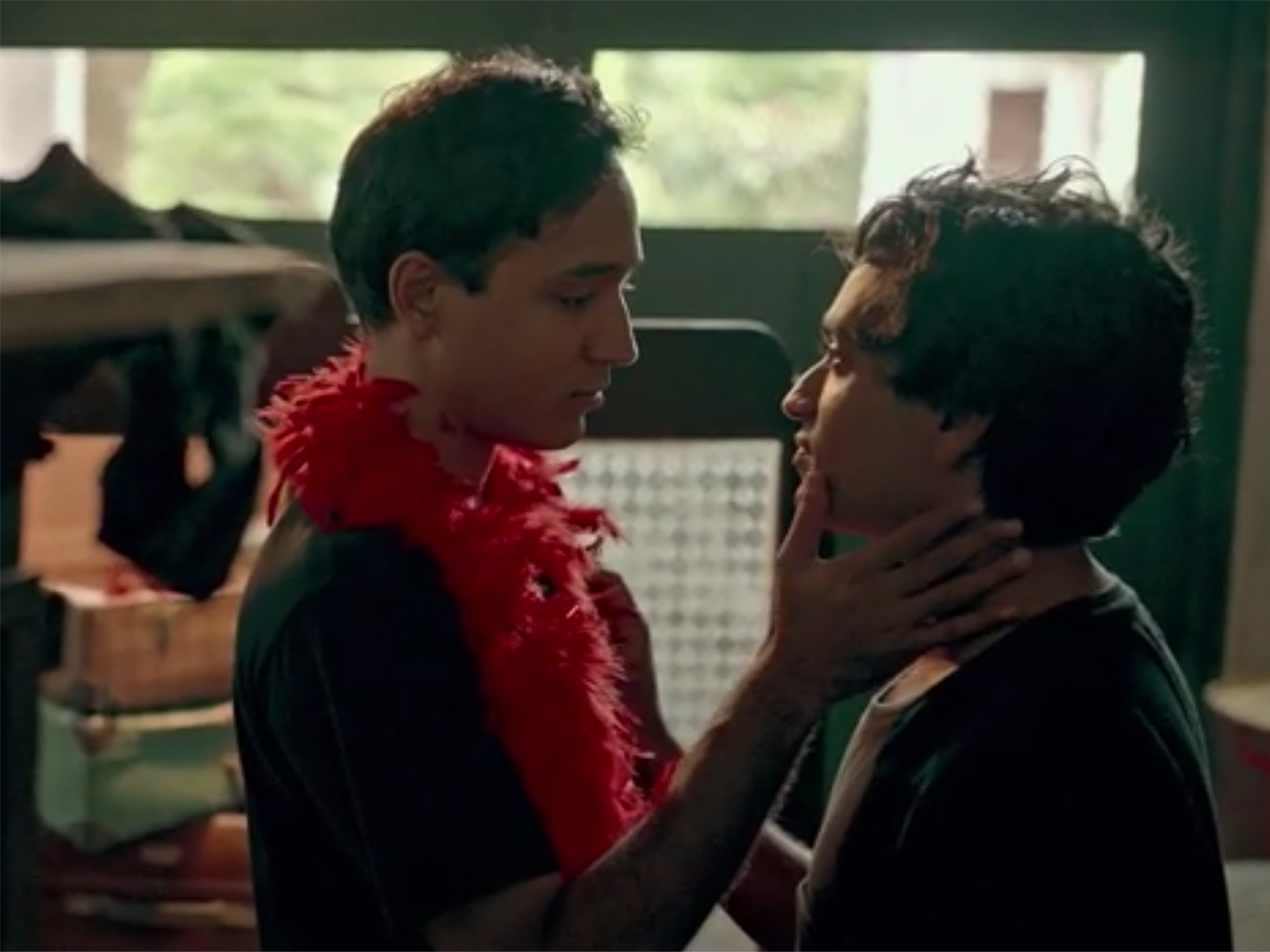
- Golden Globe Awards
Funny Boy (Canada)
Deepa Mehta has adapted Shyam Selvadurai’s 1994 coming-of-age novel Funny Boy, a story which, seen through the eyes of a young Sri Lankan boy named Arjie, examines the backdrop of that country’s 26-year-long Civil War between the Sinhalese and Tamil ethnic factions. In the film – which was shot on location in the former capital of Colombo – Mehta, who collaborated on the script with Selvadurai, has translated the book’s six vignettes to a more fluid narrative that uses our protagonist as the witness not only to the tensions of the country’s cultural clash but to his own sexual awakening. We first meet an 8-year-old Arjie (Arush Nand) in the 1970s, a Tamil boy who would rather dress up with the girls than play cricket with his brother. While he is labeled “funny” by some relatives, his gender-fluid sensibility is embraced by his Aunt Radha (Agam Darsh), who encourages his individuality by telling him to adopt a “not mess with the diva” attitude. Her own personal freedom is challenged when her relationship with a fellow drama class student, who happens to be Sinhalese, is forbidden by her family; they then force her into an arranged marriage and send her away to Canada.
The film then does a nine-year time jump, with an older Arjie (Brandon Ingram) now in private school, navigating his impending adulthood. It is at school that he meets Shehan (Rehan Mudannayake), a new friend who introduces him to Annie Lennox, Oscar Wilde and sex. Like his aunt, Arjie has flouted convention for his lover; and when his brother Diggy discovers the affair, he sets out to put a stop to it. At home, the family faces further challenges with the arrival of a relative who was involved in the Tamil resistance forces, allowing Mehta to set off a ticking time bomb of drama as tensions arise on all fronts for the family.
Mehta, best known for her Elements trilogy of films, Fire, Earth and Water, spent 24 years pursuing the rights to Selvadurai’s novel, and felt that the story was an appropriate one to be told now, foreshadowing today’s world, with its rise of nationalist populism, and the divisiveness and hatred that has recently been perpetuated through social media. For the 70-year-old native of India, the story felt very contemporary and reflected a world where there is an oppression of minorities, whether sexual or cultural.

